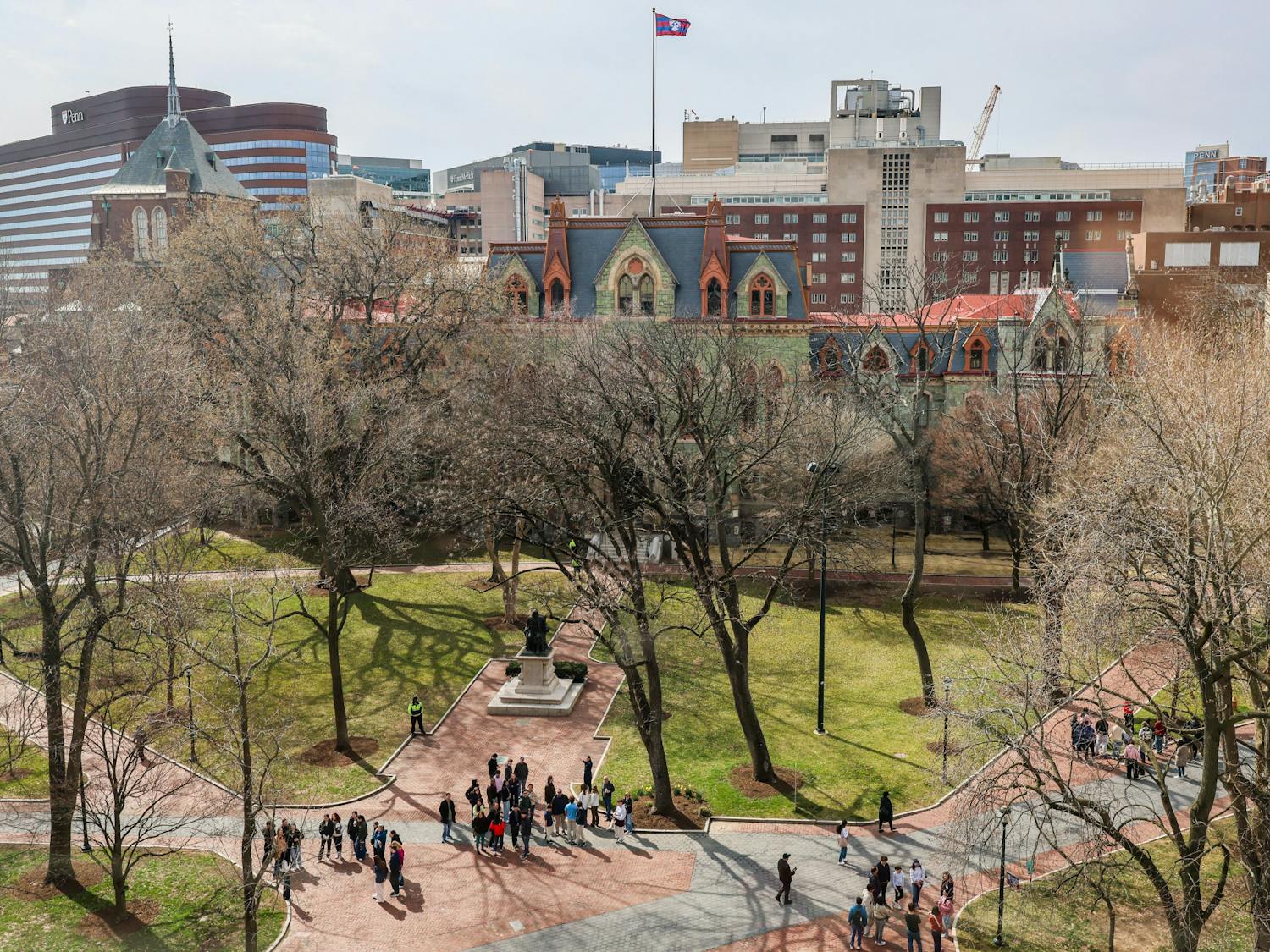Drivers in Philadelphia have seen record high gas prices during June and July, sparking frustrations from members of the Penn community.
According to the American Automobile Association, as of July 13 gas prices are averaging $4.751 per gallon in Philadelphia. The current prices are a decrease from the highest recorded average price of gas in Pennsylvania which was $5.07 per gallon on June 12. The current national average cost of gas is $4.631 per gallon.
Rising Wharton junior Cole Lewis studies off-campus in the Philadelphia suburbs and has been driving over 45 minutes to visit Penn’s campus over the school year and summer.
“I commute to campus pretty regularly to see friends near campus. And that has been difficult because it involves a lot of driving, which means a lot of gas,” Lewis told The Daily Pennsylvanian. “If gas prices are $3, then that’s fine. But at $5, it was a little bit more of a big deal.”
Rising College junior Catherine Hood echos a similar sentiment. While she lives in Philadelphia, Hood often now will refill on gas outside of the city to avoid the highest prices.
"I drive a Ford Focus, a fuel-efficient [car] — or so I thought. It used to be $35 to fill up [gas], and now it is like $65 and change, so it definitely is a stark increase for me," Hood said.
Hanming Fang, chair of the Department of Economics in the College, explains that the higher gas prices are due to the law of supply and demand.
“The demand is high because of summer travels and the COVID restriction has finally eased people to feel more comfortable traveling,” Fang said to the DP.
RELATED:
New City Council plan would require companies to provide a tax break on employee SEPTA passes
Penn Wharton Budget Model releases new report examining effects of federal gas tax holiday
On the supply side, Fang explains that the biggest restriction is exports of oil.
“Oil is a global commodity, so when the global oil price rose because of the war between Russia and Ukraine, a lot of oil was removed from the global market,” Fang told the DP. “The oil price globally has been going up and [United States] producers have been exporting more oil to the global market, driving up the price domestically.”
The United States and several allied countries look to place a cap on Russian oil prices, for the dual purpose of reducing costs for consumers as well as slowing down Russia's efforts in Ukraine. Without a price cap, gas prices could spike again, as European Union policy will ban 90 percent of Russian oil imports by year's end — bottlenecking supply.
To travel around Philadelphia, there are several options Penn students can take to avoid gas prices. All students can use Penn’s free rideshare app, called PennRides on Request. Within the app, a Penn student can request a ride to different locations on and off campus by selecting the time they want to be picked up, the student’s starting location, and ending location.
For full-time Penn students who plan to use SEPTA transportation frequently, students can buy a SEPTA Student PennPass.









